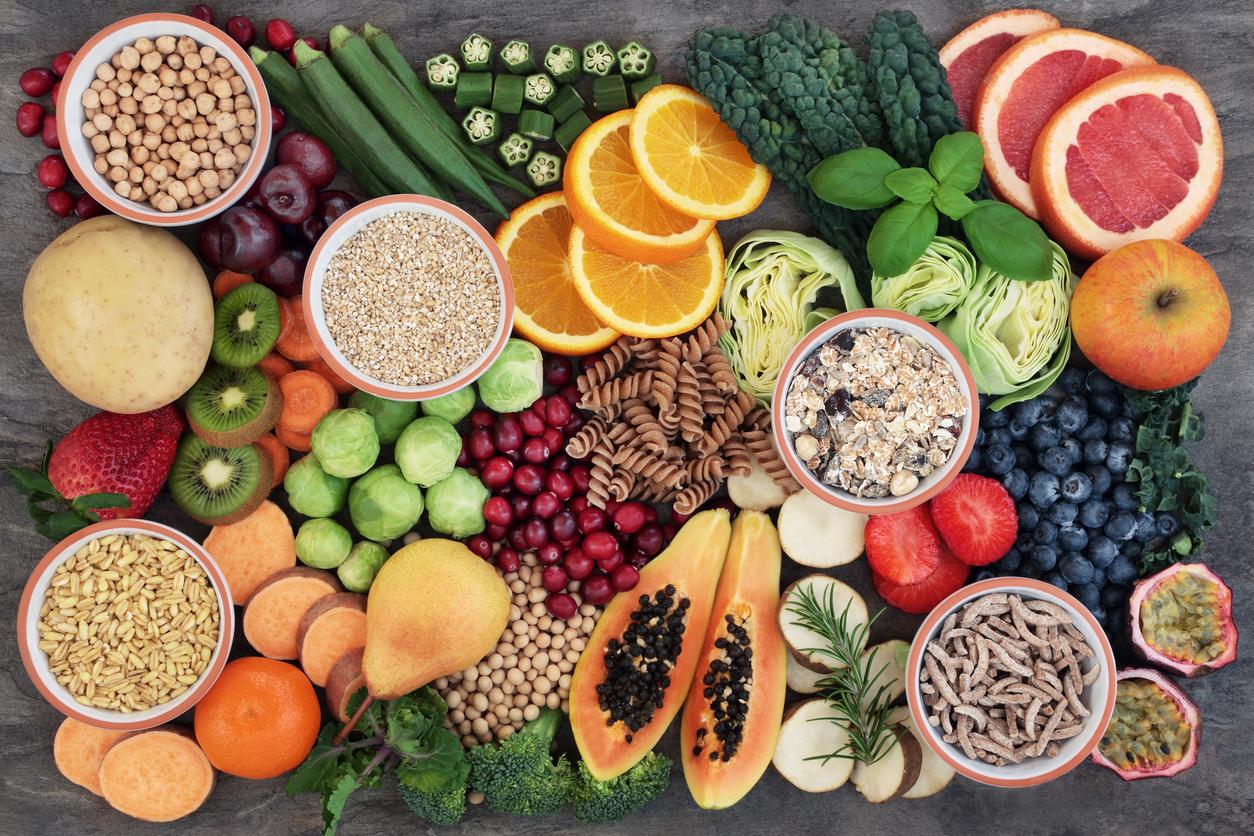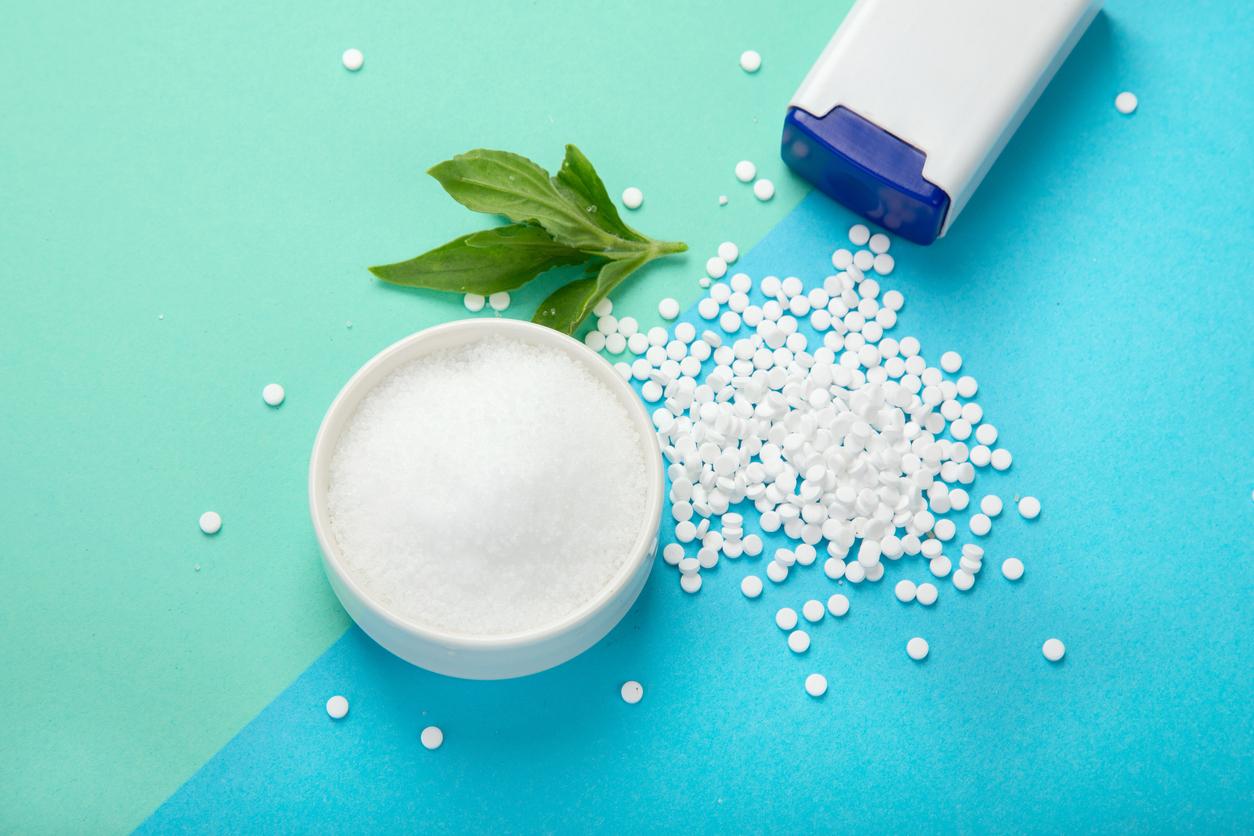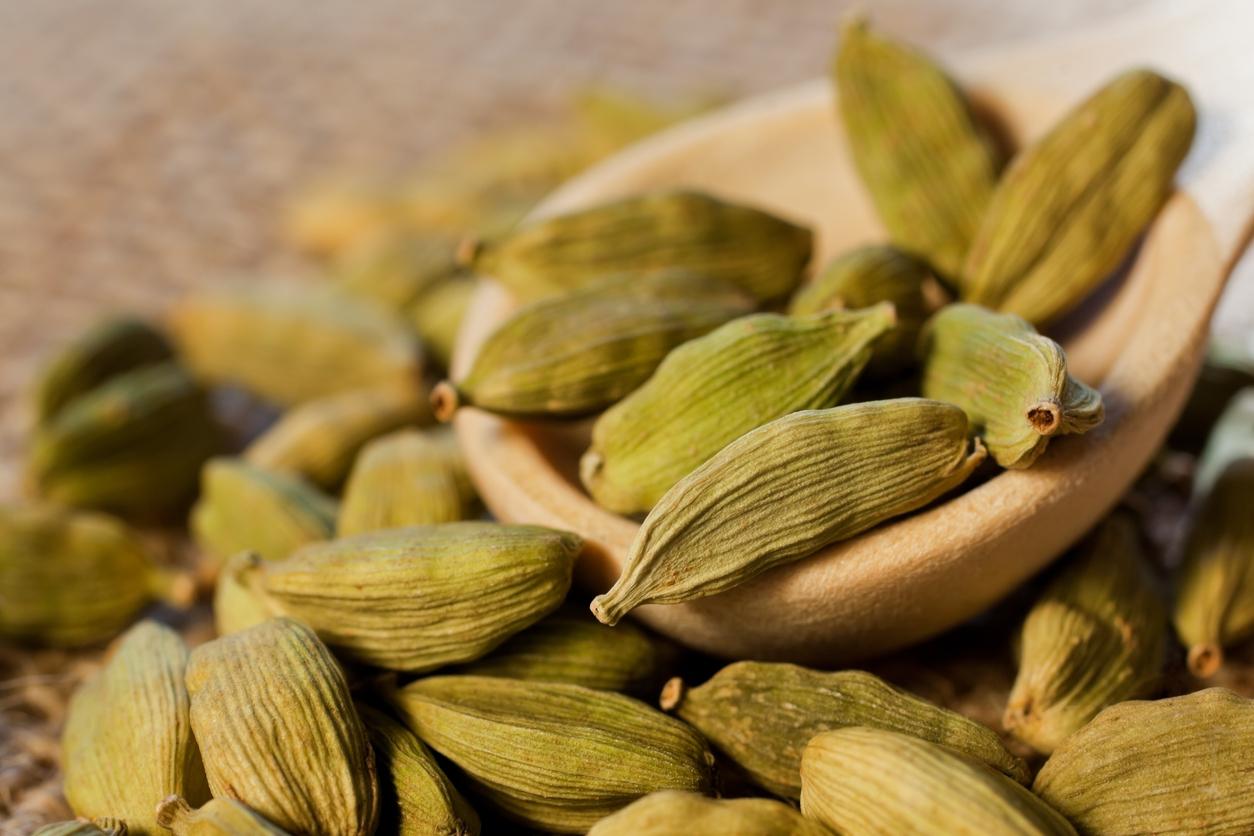“The taste buds, which regenerate every 10 days, can be affected by many factors: dry mouth, zinc deficiency or in vitamin B3, mycosis, drugs, chemo or radiotherapy … And by age: from 50 years, the sensitivity of smell and taste decrease “, indicates Laurence Mazziotta, dietician at CPBVAA and Adapt, in Valence. Some diseases (Alzheimer’s, Parkinson’s, Stroke, head trauma) can also alter it. But most often, it is a decrease in taste that can be acted upon.
By quitting smoking, for example, or by consuming morefoods rich in zinc (oysters, beans, nuts, cereals, dairy products) or in vitamin B3 (foods of animal origin, fortified cereals …), by removing a drug or taking it away from meals …
And by finding tips to awaken taste, desire and the pleasure of eating at the same time.
If the food tastes less
• Eat what you like : “With age, the salty taste decreases first, the sweetness last. The elderly therefore salt their dishes more and prefer desserts. As long as there is no risk to health (hypertension, diabetes) , that’s not a problem, you can eat whatever pleases you “, believes Laurence Mazziotta.
• Strengthen palatability : instead of’add salt, use aromatic herbs, spices and flavor enhancer ingredients (parsley, thyme, garlic, onion, mustard, mint, curry, cumin, cinnamon …). Lightly sweeten savory dishes, add a little salt to a cake or cook “Sweety salty”, as Asians do, enhances the taste. You can also choose foods with a more pronounced flavor: smoked cold meats, blue cheeses, cabbage …
• Stimulate salivary secretion : the feeling of dry mouth (favored by certain drugs, alcohol or tobacco) decreases the perception of taste.
It is therefore important to stay hydrated. Before meals, you can rinse your mouth and drink a few sips sparkling water or an acidic drink (lemon water, fruit juice, soda). The sour flavor (vinegar, citrus fruits, sour candies) stimulates salivation, as does cold (ice cream) and hot dishes rather than lukewarm. To chew gum mint also alleviates the feeling of dryness and unpleasant taste.
• Play on textures and presentation: foods that are well separated on the plate, offering varied textures (smooth, tender, grilled, crunchy, crisp, etc.), make you want to eat more than mixed foods of uniform color. “They also require a chewing longer, which bursts the molecules and brings out the taste “, underlines the dietician. Stimulating the other senses (smell, sight …), by playing on colors and presentation, and creating a friendly atmosphere also whets the appetite.
If their flavor is altered
40% of patients treated for cancer lose weight as a result of the disease and the side effects of treatment. “The things they liked taste bad or too strong, like coffee, sugary drinks or wine, some flavors are amplified. And they sometimes complain of smelling a metallic taste, even in the water “, notes Pascaline Bois, dietician at the Léon Bérard Cancer Center in Lyon.
• Change your habits : rather than dishes that we cannot enjoy, it is better to turn to new foods. Those with a neutral taste and a uniform texture generally work better (dairy and cereal-based products, flans, compotes, salads, etc.). “We can afford to snack, to consume more caloric foods … During chemo, it is important to eat what you want to maintain good nutritional status. “
• Avoid strong odors : they can whet the appetite when all is well, or on the contrary disgust when you have nausea. Avoid foods with a strong smell, such as fish, smoked meats, cheese, grilled meats. And if the scent of cooking is really unpleasant, give preference to cold foods (raw vegetables, fruit, yogurts, sandwiches, etc.).
• Hide the acidic or metallic taste : when the food seems too acidic, you can prepare the vegetables with a milk-based sauce that softens the taste (bechamel), eat them fruit in compote adding a little sugar. If a metallic taste appears, it is better to use non-metallic utensils (plastic cutlery, glass or porcelain pots, etc.) and avoid preserves.
Read also :
Hunger: bacteria in the intestines reduce appetite
Eating a balanced diet is not that complicated


















